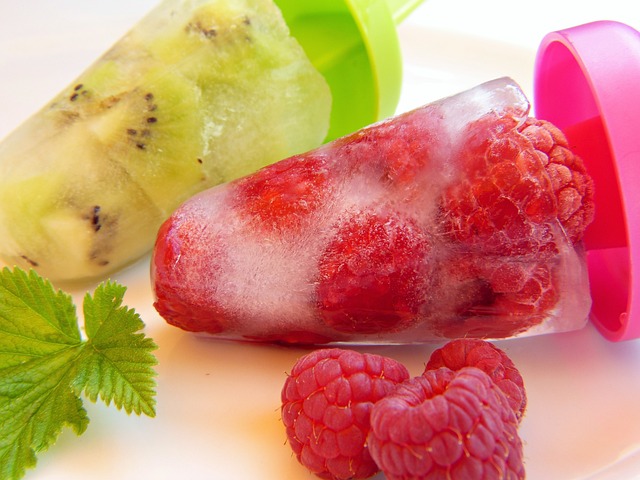Beyond Yogurt: Exploring Lesser-Known Sources of Probiotics
Probiotics are living microorganisms that offer various health benefits when consumed in adequate amounts. While yogurt has long been touted as a popular source of probiotics, there are several other lesser-known sources that can provide you with a diverse range of beneficial bacteria. In this article, we will take a deeper dive into these alternative sources, allowing you to expand your probiotic horizons.
1. Kefir
Kefir is a fermented dairy beverage that originates from the Caucasus region. It is made by adding kefir grains to milk, which are a combination of bacteria and yeasts. The kefir grains ferment lactose, the sugar in milk, and produce a tangy and tart beverage filled with probiotics. Kefir contains a higher number of bacterial strains compared to yogurt, making it an excellent choice for promoting gut health.
2. Kimchi
Kimchi is a traditional Korean dish made of fermented vegetables, primarily cabbage and radishes, with the addition of spices and seasonings. The fermentation process allows the growth of beneficial bacteria, including the strain Lactobacillus kimchii. Kimchi not only adds a burst of flavor to your meals but also provides your gut with a healthy dose of probiotics.
3. Sauerkraut
Sauerkraut, similar to kimchi, is another popular fermented cabbage dish. Originating from Germany, this tangy and sour condiment is made by finely shredding cabbage, salting it, and allowing it to ferment. During the fermentation process, various Lactobacillus species thrive, giving rise to a delicious probiotic-rich food. Incorporating sauerkraut into your diet can enhance the diversity of beneficial bacteria in your gut.
4. Tempeh
Tempeh is a traditional Indonesian food made by fermenting soybeans. It is created by combining soybeans with a starter culture, which consists of a specific mold called Rhizopus oligosporus. The fermentation process not only breaks down the complex proteins in soybeans but also enhances its nutritional profile. Tempeh is not only a fantastic source of probiotics but also a great plant-based protein option for vegetarians and vegans.
5. Miso
Miso is a traditional Japanese seasoning produced by fermenting soybeans with salt and a specific fungus called koji. The fermentation process can vary the flavor and color of the miso, with lighter miso being fermented for a shorter period and darker miso undergoing a more extended fermentation time. This versatile ingredient is not only used in soups but can also boost your probiotic intake.
6. Kombucha
Kombucha is a fermented tea beverage that has gained significant popularity in recent years. It is made by fermenting sweetened black or green tea with a symbiotic culture of bacteria and yeast (SCOBY). This fermentation process results in a tangy and fizzy drink that is teeming with probiotics. However, it’s important to note that kombucha often contains low levels of alcohol due to the fermentation process.
7. Pickles
Pickles, commonly made from cucumbers, are fermented using a combination of water, salt, and spices. During fermentation, Lactobacillus species convert the sugars in cucumbers into lactic acid, giving them their deliciously tangy taste. Adding pickles to your diet can be an easy and enjoyable way to introduce probiotics into your meals.
The world of probiotics extends far beyond yogurt. By exploring these lesser-known sources, you can diversify the range of beneficial bacteria in your gut, supporting your overall health and well-being. So go ahead, experiment with new flavors, and enjoy the benefits of these alternative probiotic-rich foods!







